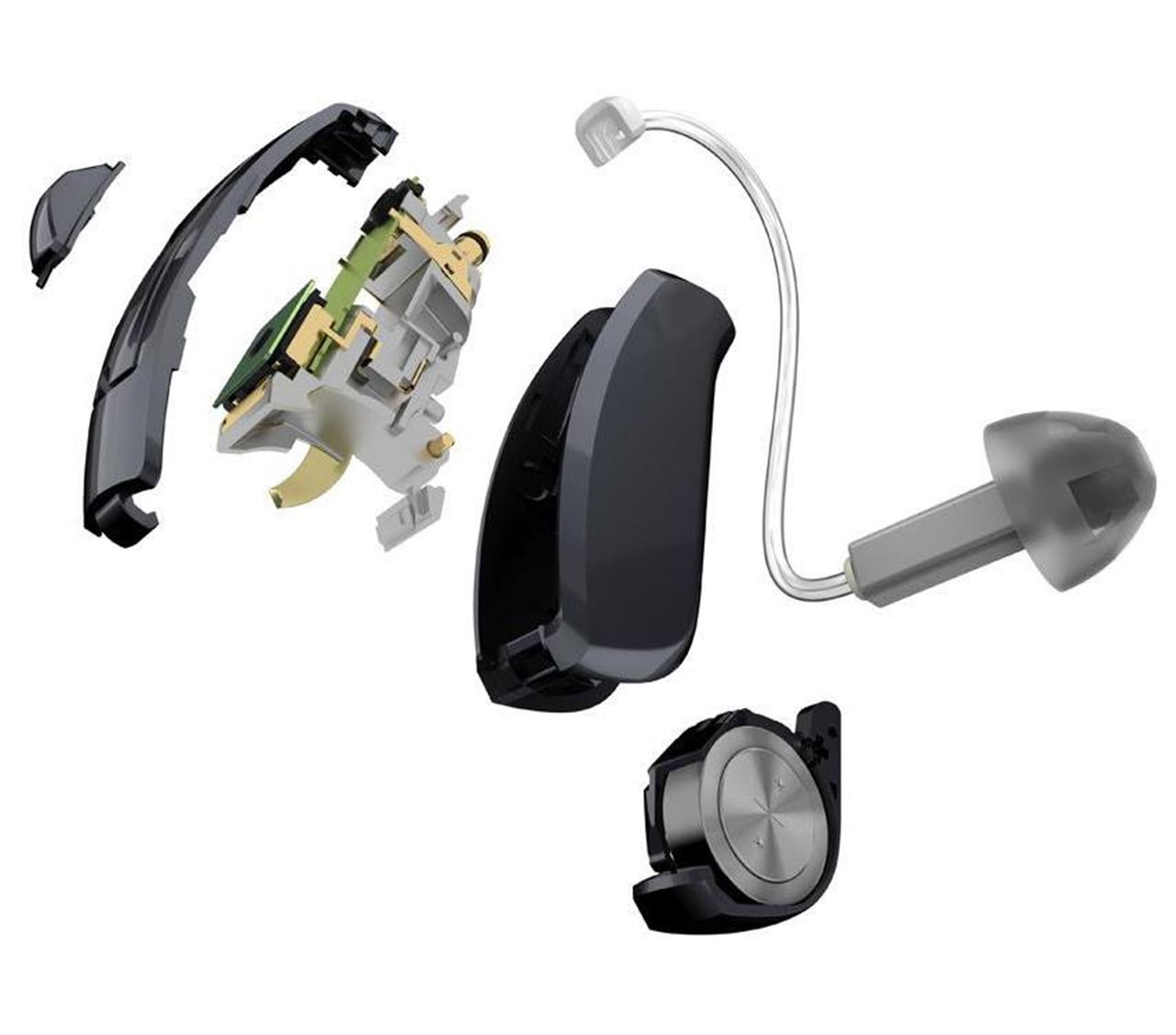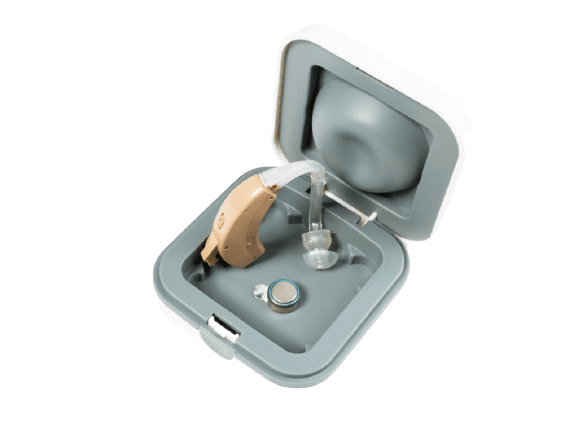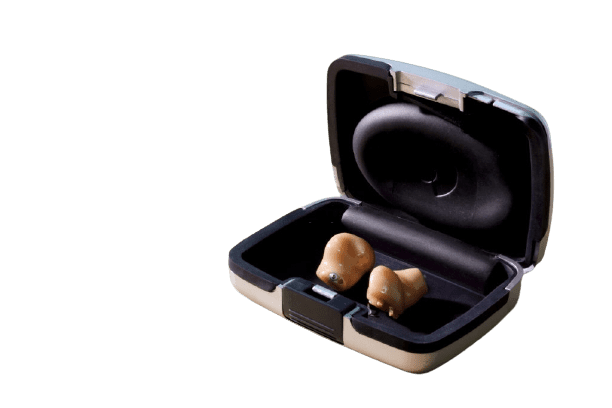
The Hearing aid guide in this blog intends to clear all your hearing aid doubts. With the clear demonstration below, the hearing aid guide will keep you ahead of your hearing problems.
What are hearing aids?
Hearing aids are small electronic devices that amplify the external sound for hearing loss patients. They are available in numerous styles, designs, colours, and sizes. Hearing devices are the innovative solutions to provide a happy lifestyle & confidence to walk freely in the public areas. Say bye to your insecurities with the modern solutions to your hearing loss problems. Sanskara Hearing Solutions is the leading hearing aid clinic in India. We have treated various complex hearing cases with our years of contribution to this field. You can tell us about all types of hearing aid requirements. The Hearing Aid doctors working with us are 100% experts in their domain. Our team analyses your problem & recommends top-rated hearing aids.
How do they work?

The overall working of a hearing aid is pretty much straightforward. It generally operates in the there part system as mentioned below –
- Microphone: The role of a microphone is to receive the external sound and transform it into digital signals.
- Amplifier: The task of an amplifier is to maximize the voice to make it audible in the ears of a person having hearing loss—it does so by enhancing the resilience of digital signals.
- Speaker: The speaker’s role is to carry the amplified sound to the ears.
Types of Hearing Aids and their Pros & Cons
There are two types of hearing aids – Analog & Digital. Description of these two aids, along with their pros and cons, are mentioned below –
-
Analog Hearing Aids

Analog hearing aids are programmed by the audiologist using the microchip for multiple environments, I.e., home, library, parks, clubs, to shopping malls. Their working process transforms the sound waves into electrical signals that are further magnified. Features provided by Analog hearing aids are fundamental and limited to old technology. They are designed based upon individual needs like hearing loss and the severity of hearing illness they face. It produces sounds that are pretty synchronized with the cassette tapes & vinyl records.
Pros
- Less costly
- Best for people who are addicted to ease of using Analog Aids
- It can be programmed
- Good Sound Quality
Cons
- Amplifies all the background sounds without making any noise filtration
- It doesn’t provide the natural listening experience
- Prone to causing headaches & earaches if used 24*7
- Prone to extinction
- It might worsen the hearing loss
-
Digital Hearing Aids

It has DSP – ‘Digitized Sound Processing’ for transforming sound waves into digital signals. Moreover, they use other modern technology to suppress the unnecessary noises from external speech. It filters out the intended sound to be heard by the hearing loss patient. It produces something similar to what you hear in MP3s & CDs. They have almost every feature possessed by Analog Hearing Aids. They additionally use a different way to amplify sound by eliminating useless noises.
Pros
- Directional Microphone Capability
- Easily Customizable as per Individuals need
- Longer Life Span
- Superior Sound Quality
- Multiple Listening Programs
- Inbuilt features for prompt volume adjustments
Cons
- Highly Expensive
- Quick Adjustments to new technology might be an issue
FAQs
-
Where to buy it?
You can purchase the hearing aids from our hearing aid store, Sanskara Hearing Solutions, or any nearby clinic.
-
When to buy it?
After you are diagnosed with a hearing loss problem, you can buy your first pair of hearing aid machines after consulting with the doctor.
-
How to choose your best?
You can choose a hearing aid that best fits your needs based on several factors like lifestyle, hearing loss severity, age, size, design, comfortability, adjustability, technology, money, etc.
-
How to adapt to the newly purchased hearing devices?
Take proper counselling from the hearing aid specialist and a demo session possibly. Follow all the instructions given in the hearing aid guide by the doctor, and this way, you will gradually get used to your new hearing aid.
